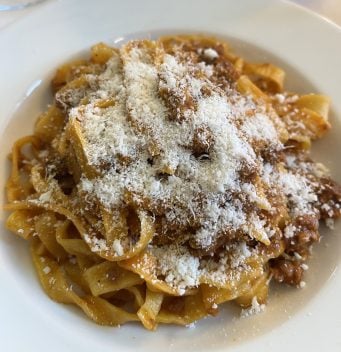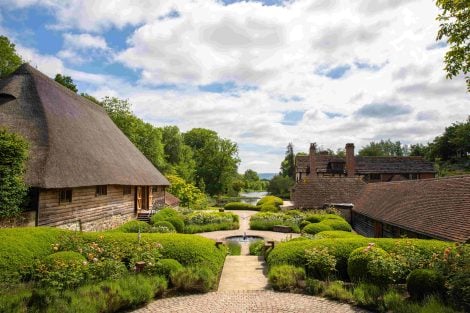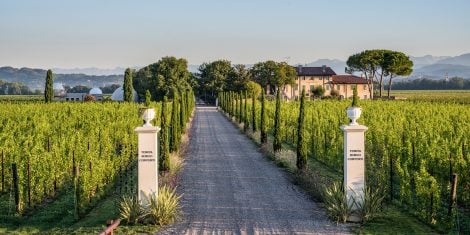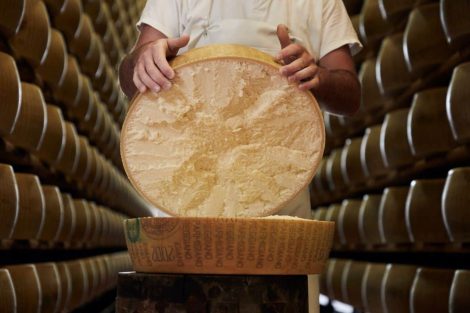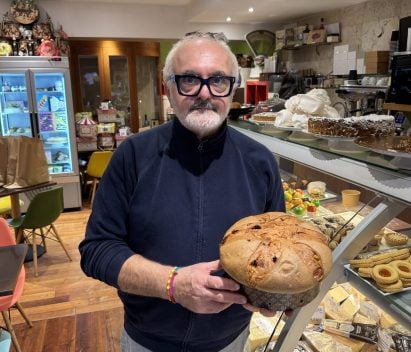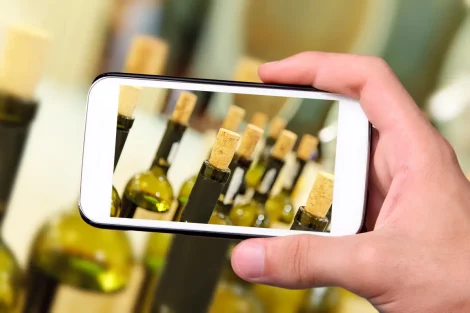A challenge pursued amidst local scepticism and the inevitable difficulties of a country full of paradoxes: making natural wine in Albania and doing so by prioritising quality and the enhancement of native grape varieties. This is SEB Balaj Winery, a small artisanal venture founded in 2018 by Artan Balaj and two Italian partners, Vincenzo Vitale and Daniela Fabrizi, the first winery in Albania to dedicate itself entirely to natural wine production.
A project that, in its own way, is revolutionising the Albanian wine scene, starting from the heart of the Vlora region, where the landscape merges with the history of what was once known as Illyria, framed by the Adriatic Sea.
"We want to create gastronomic wines—fresh and versatile—that can pair with various cuisines while maintaining a strong connection to the land," explains Vincenzo Vitale, a 53-year-old sommelier from Palermo, with around twenty years spent travelling between Rome and Albania. He knows this land from previous professional experiences, which inspired what he calls "a madness": proving that on the other side of the Adriatic, quality wines can be made by starting with the unwavering principle of agronomic sustainability.
"We fell in love with these places, but perhaps," Vincenzo emphasises, "even more so with the challenge of producing excellent natural wines in a country where this is anything but easy. This is partly due to a cultural approach to wine that is very different from Italy's, and partly because there are countless day-to-day and planning issues. These range from a lack of skilled labour and difficulties retaining young workers who, once trained, prefer seeking fortune elsewhere, to the fragmentation of land ownership and higher production costs, given that Albania is not an EU member. Despite all this, we want to prove that the challenge can be won because this country has an immense ampelographic potential and centuries-old traditions."
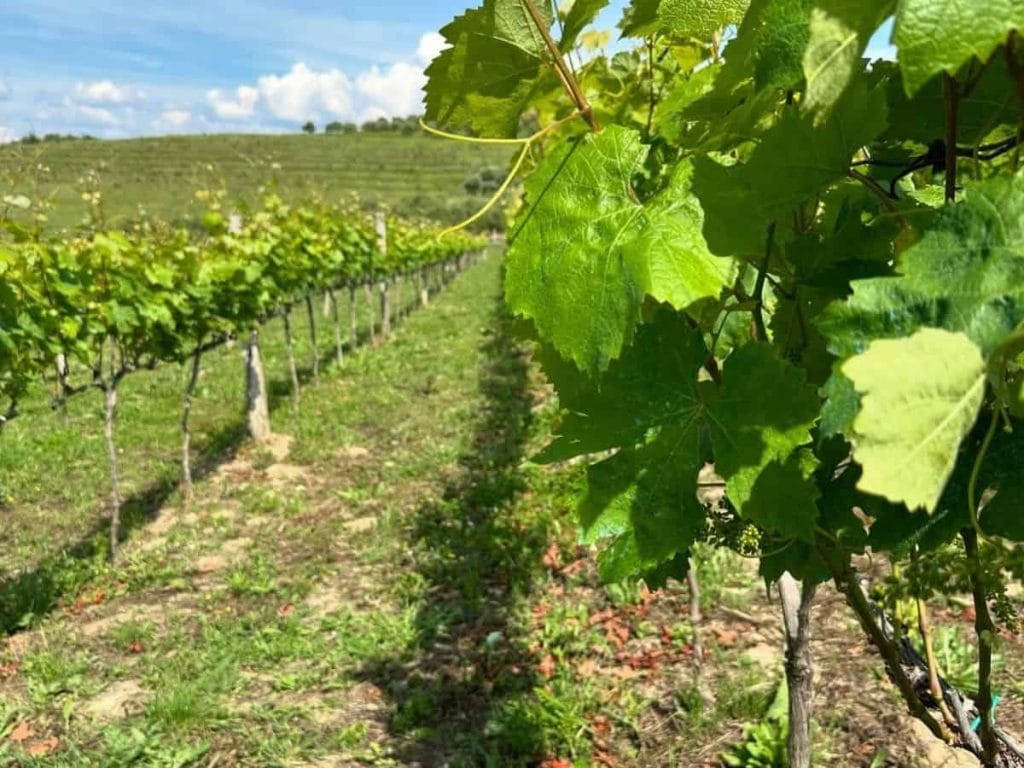
A new oenological spring
The history of wine in Albania intertwines ancient traditions, foreign dominations, and modern revivals. A land of contrasts, it has nurtured a viticulture rooted in the Bronze Age, around 3,000 years ago. During the Illyrian era, wine was a fundamental part of cultural and commercial life. With the expansion of the Roman Empire, Albanian viticulture developed further, integrating into the broader Mediterranean wine system, facilitated by the Via Egnatia, which connected Constantinople to the ancient Greco-Illyrian city of Apollonia (modern-day Pojan, about 15 km north of Vlora). However, the long centuries of Ottoman domination, starting in the 14th century, marked a dark period for the industry. Alcohol consumption was banned, and vine cultivation was drastically reduced.
Only after independence in 1912 did a slow recovery begin, peaking in the 1960s with 15,000 hectares under vine during the communist regime of Enver Hoxha. But the regime's collapse in 1991 led to chaos: vineyards were abandoned, and production plummeted to minimal levels. Today, thanks to small producers and renewed interest in native varieties, the sector is experiencing a new spring.
Albania offers an extraordinary variety of terroirs, influenced by diverse altitudes, climates, and soils. Coastal areas like Vlora benefit from a temperate Mediterranean climate, with significant day-night temperature variations that promote slow ripening. The predominantly sandy and pebbly soils impart distinctive minerality to the wines. This balance between climate and soil enables the production of fresh, elegant wines with unique character.
Among the native varieties, shesh i bardhe and shesh i zi stand out as white and red versions of the same grape, covering about 35% of national vineyards. The name "shesh," meaning "razed to the ground" in Albanian, recalls the destruction of Catholic churches during the Ottoman occupation. Other significant varieties include vlosh, typical of the Vlora region, and kallmet, known for its elegance and versatility.
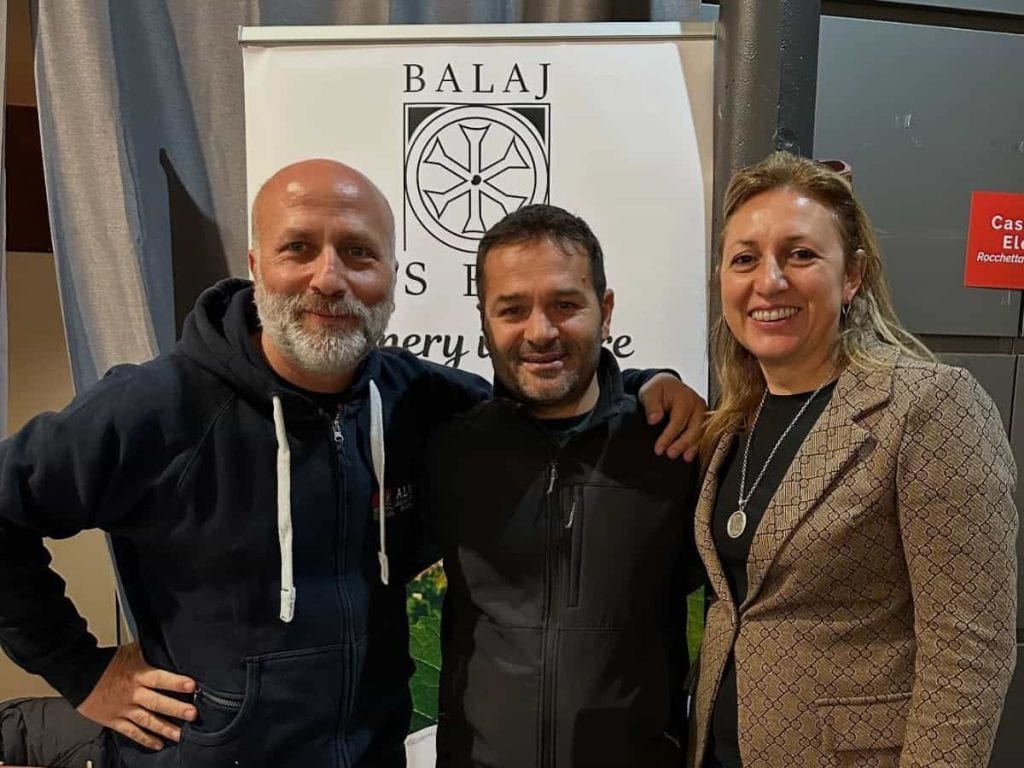
The SEB challenge
It is within this context of quality viticulture's renaissance in Albania that the SEB project ignites. Vincenzo brings his experience from the vineyards of his homeland, supported by his wife Daniela Fabrizi, a Roman sommelier with a background in the biomedical sector. This adventure offered her an opportunity for a new life.
Her goal, she reveals, is to produce wines that respect the environment, thinking about the future of the next generations: "The world we live in is an inheritance for our children, and SEB Winery represents our commitment to preserving it."
At the centre of this endeavour is Artan Balaj, born and raised in Vlora, with a professional journey that took him far from his homeland. Working in Friulian and Tuscan wineries, he refined his skills and mastered the art of making orange wines. His time in Italy solidified his vision: bringing back to Albania a sustainable viticulture model that respects nature and local traditions.
Returning to Albania in 2007 to begin a personal journey, after working with vine cuttings and vineyards for local wineries, he embarked on the ambitious challenge of enhancing Albania's native grape varieties and demonstrating the oenological potential of a long-neglected territory. In a former railway tunnel built by Italians in 1928, adapted into a winery, he began producing natural wines that capture the essence of Vlora's terroir. His meeting with Vincenzo and Daniela is a more recent chapter but pivotal in building something beyond a wine project: a manifesto for the promotion of Albanian land and culture.
The winery is in a privileged location, between the hills of Vlora and the bay overlooking the Adriatic. The vineyards span seven hectares, ranging from 80 to 250 metres above sea level. This area, bounded by the Vjosa River and Vlora's salt flats, enjoys a temperate climate with large day-night temperature variations, favouring balanced grape ripening.
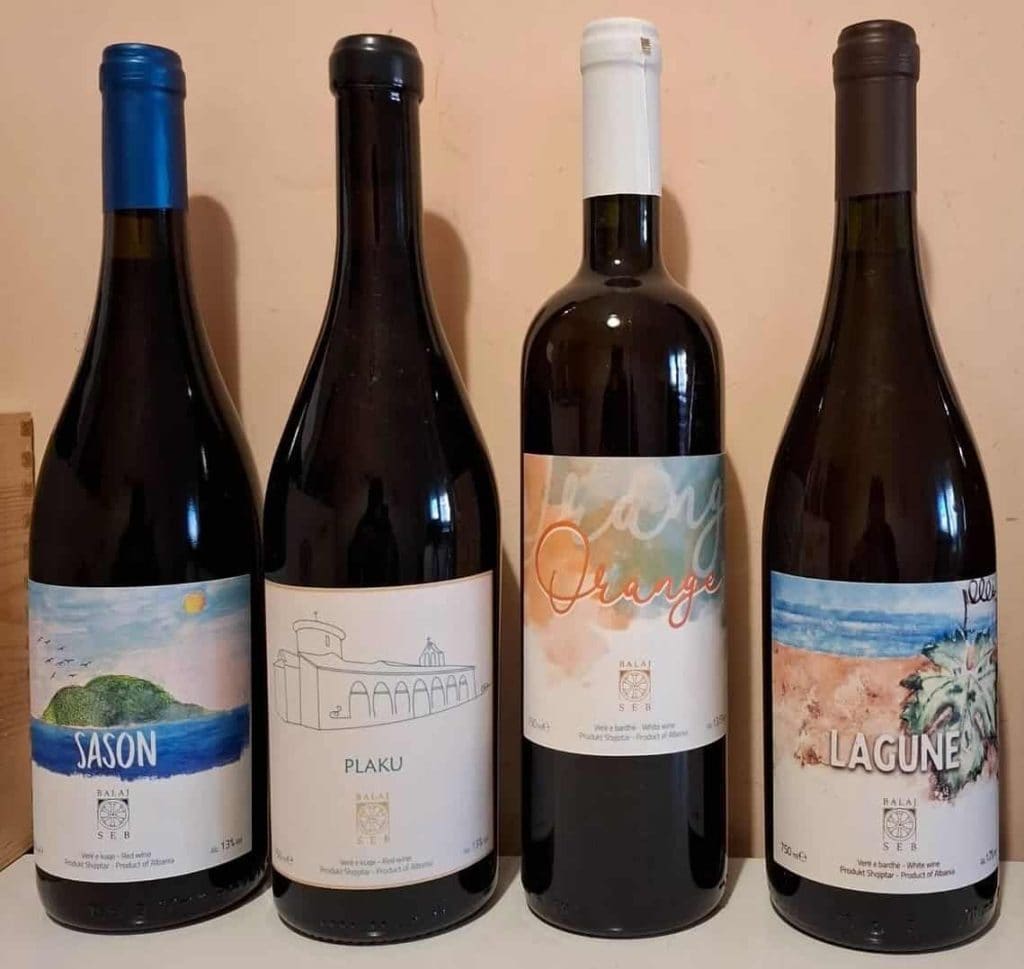
Focus on native grapes
The choice to focus on native varieties is a statement of intent: to celebrate Albania's oenological identity in a globalised world. Among the most representative grapes used in their wines are shesh i bardhe, a versatile white variety known for its vibrant acidity and ageing potential, used to produce fresh, complex wines; shesh i zi, valued for its aromatic intensity and tannic structure; vlosh, characterised by spicy notes and great depth; and kallmet, mainly cultivated in the country's north but included in SEB's blends for added elegance and freshness.
From these varieties, combined with traditional techniques and innovative approaches, SEB produces four labels:
- Orange: Shesh i bardhe macerated for 35 days on the skins, aged in terracotta amphorae for 16 months—a complex wine that combines structure and freshness.
- Plaku ("old man" in Albanian): A blend of shesh i zi and vlosh, with a rich aromatic profile and great gastronomic versatility, matured in chestnut barrels for 16 months.
- Sason: A fresh, tannic red combining kallmet, shesh i zi, and vlosh, named after the island of Saseno (Sazan in Albanian), visible from the sea-facing vineyards.
- Lagune: A saline, vibrant white made from a 20-day maceration of shesh i bardhe, pules, and debinë i bardhe, grown in vineyards near the Narta Lagoon and Vlora's salt flats.

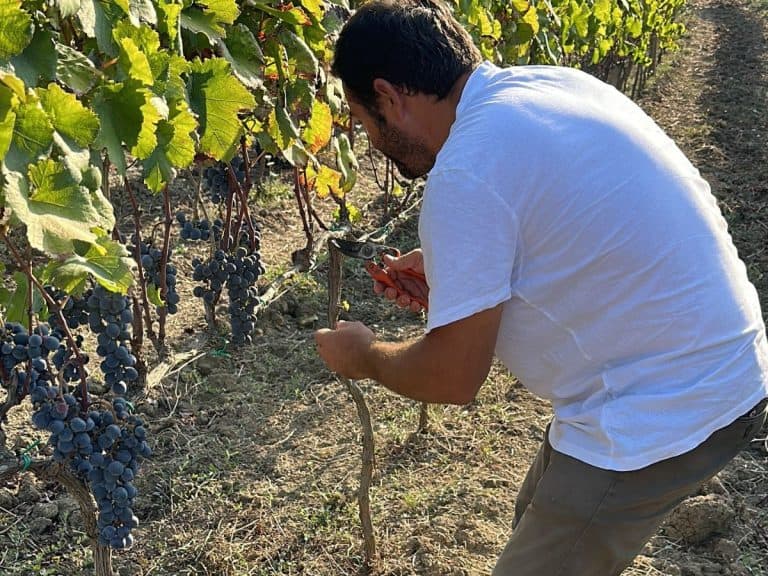
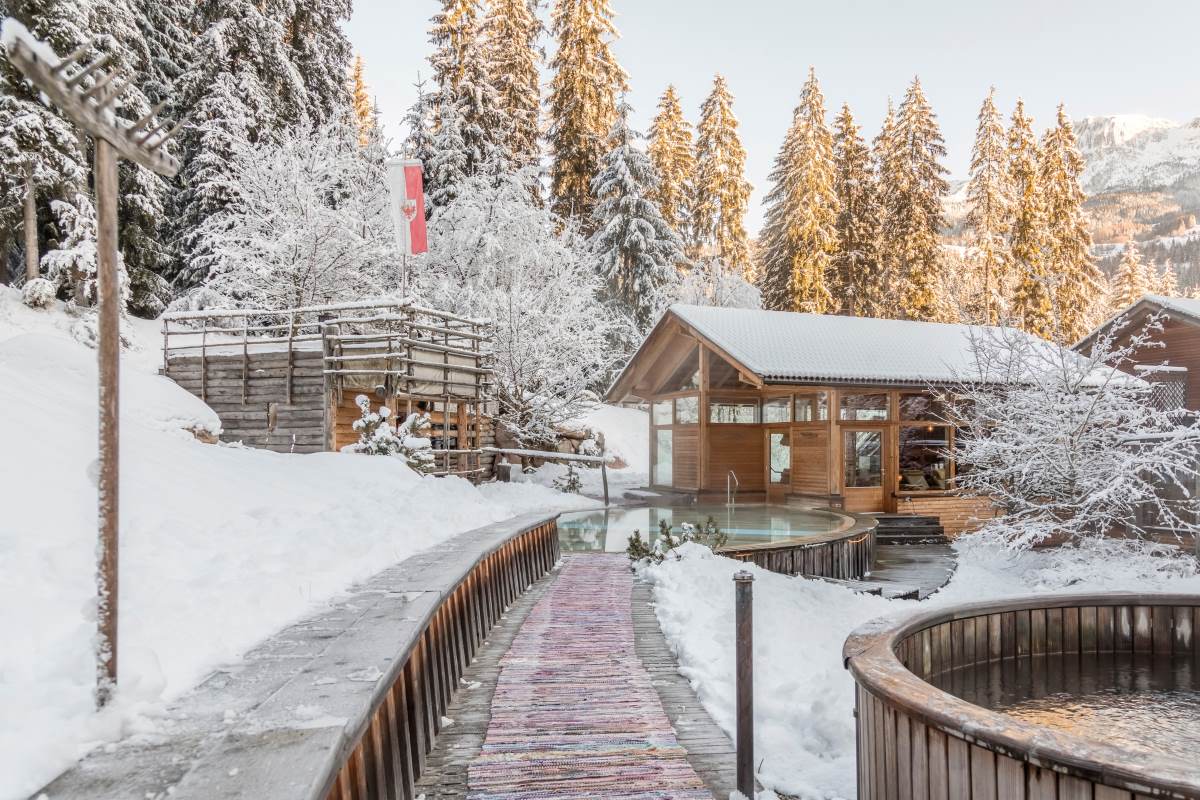 The alpine hotel where you can enjoy outstanding mountain cuisine
The alpine hotel where you can enjoy outstanding mountain cuisine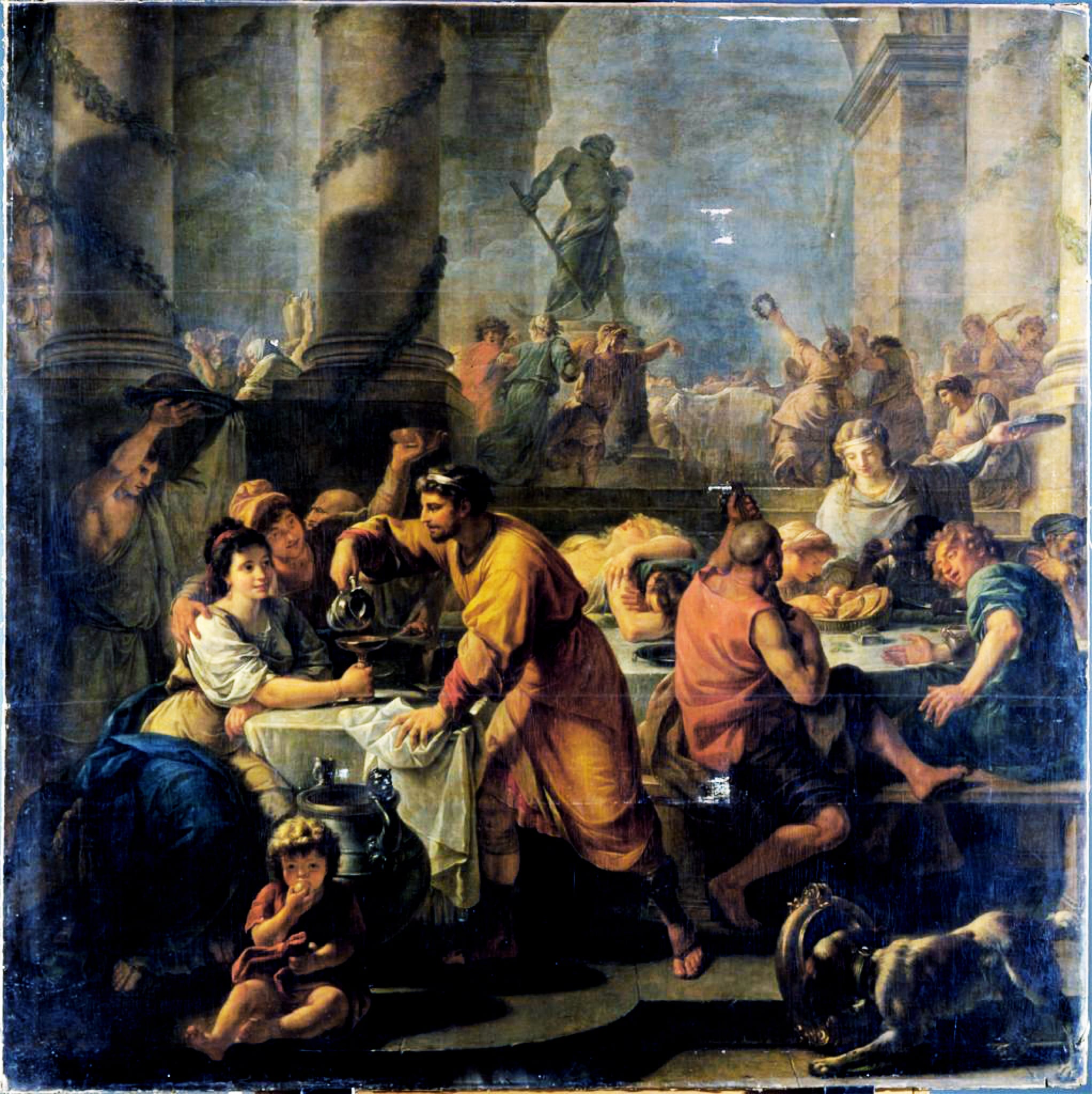 Io Saturnalia! How to celebrate the festive season like an Ancient Roman
Io Saturnalia! How to celebrate the festive season like an Ancient Roman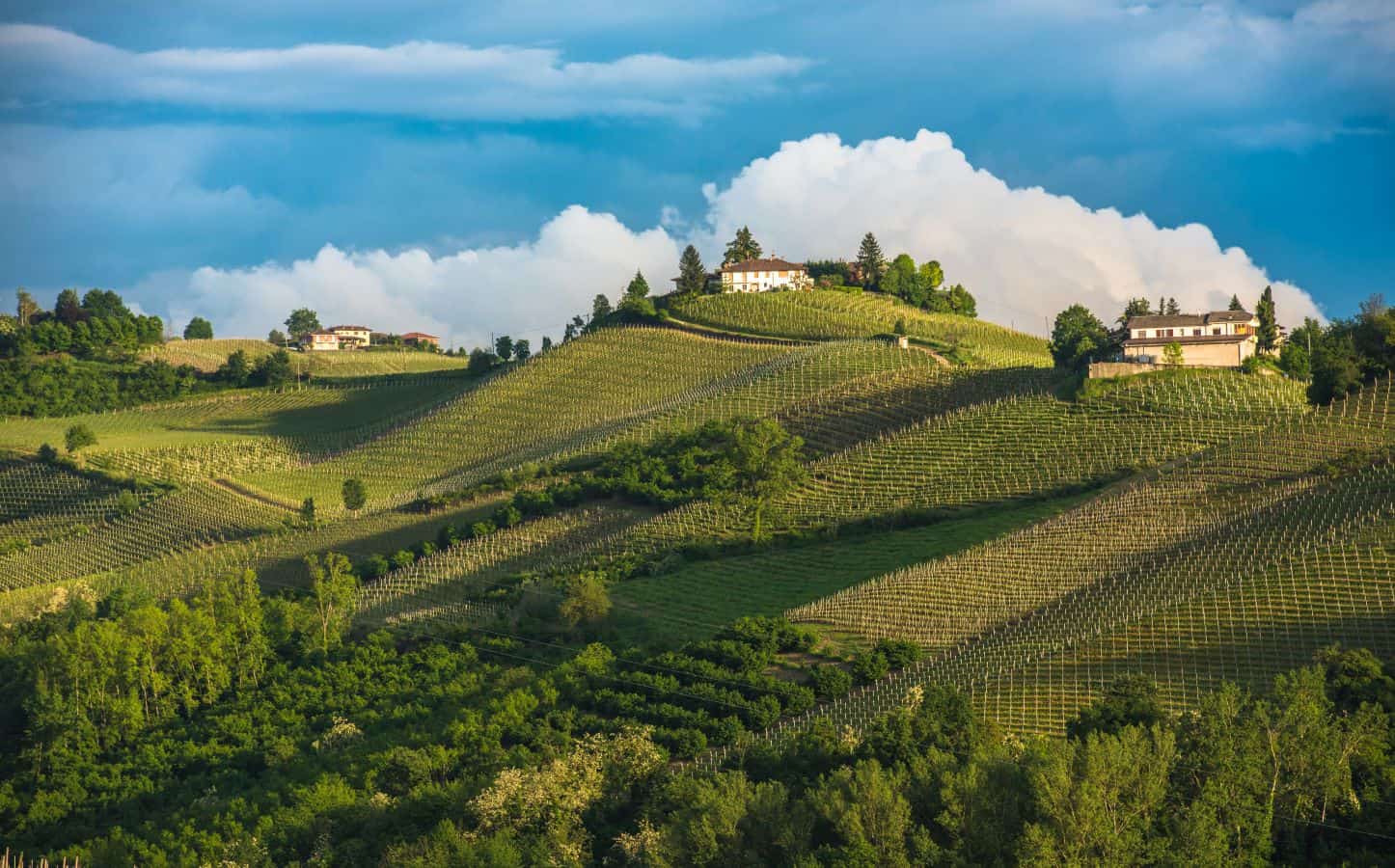 The UNESCO effect: tourism is growing, but there is a risk of losing identity
The UNESCO effect: tourism is growing, but there is a risk of losing identity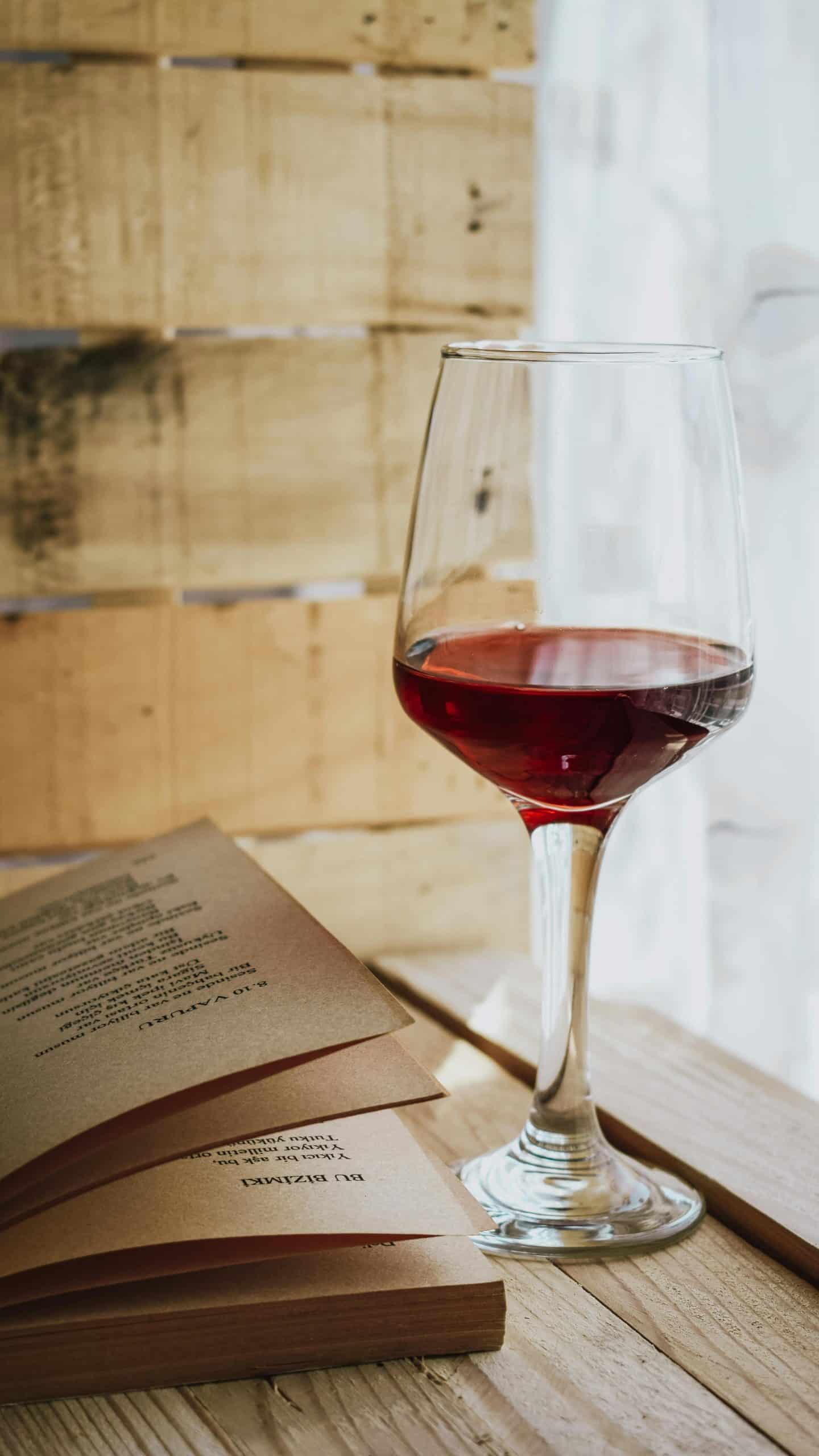 The perfect pairing? Wine and books
The perfect pairing? Wine and books 2025 was the year of Trump's tariffs – will 2026 be better for Italian wine in the US?
2025 was the year of Trump's tariffs – will 2026 be better for Italian wine in the US?